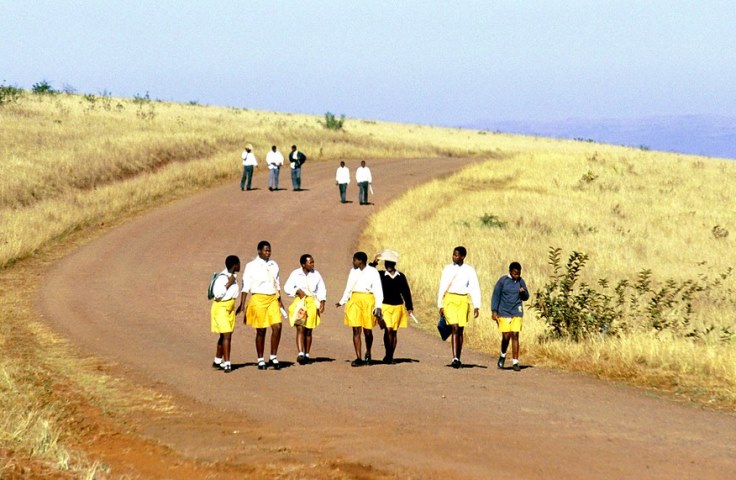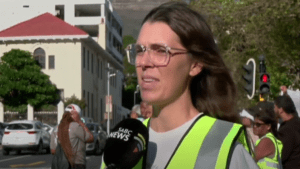Minister of Basic Education, Angie Motshekga, has confirmed that approximately 350 public schools in rural areas and farmlands were closed in the past three years.
The Minister says it’s not viable for the schools to operate due to the few learners among other challenges.
Motshekga also reveals that in some instances, farm owners are refusing to continue to allow the operation of the schools on their land once the lease agreement has expired.
The Minister discloses this in her reply to a written parliamentary question by Democratic Alliance (DA) MP Denis Joseph.
Challenges of keeping schools open
KwaZulu-Natal province has the highest number of schools closed at 230 since 2021. In Limpopo and the Eastern Cape 51 and 39 schools were closed respectively.
Spokesperson for the Department of Basic Education, Elijah Mhlanga elaborates, “The main reason for closing schools is that those schools have been determined to be non-viable schools because the number of learners in those schools is small. We say in the sector that a primary school which has less than 150 learners has become too expensive to maintain and that it is no longer viable to keep open. As a result, it becomes difficult to manage the resources that are required to that keep school open.”
Mhlanga says another challenge the department has been experiencing is that many of the farm owners tend to prevent any continuation of the school operations on their land once the lease contracts expire.
“There are other schools as well which have been located on farms which is private land. You find that some of the land owners no longer want to see the school operating from their farm. That makes it difficult for the department to maintain or to keep that school working in that environment where there was an agreement which would have expired or where the land owner would have wanted to explore other uses for the land. In that case, the department is forced to close down that school and move it elsewhere.”
Alternative arrangements
The department says it makes alternative arrangements for learners once the schools are closed.
“But in the cases where schools have been closed, we make arrangements to transport the learners to other schools in the neighbouring areas because we do not want any learner being compromised to the extent that they are not able to access education. So, we have provision in the basic education system called the measures and closures of schools which means on a daily basis, we monitor the operations of our schools. Every year we checked the numbers. We find that there are schools that are losing learners in large numbers such that they are no longer viable to be kept open and to be kept operational.”
Politicians weigh in
Joseph says the closures of the schools create challenges.
“The issue of closing the farm schools disrupts a farming community and learners will have to walk far to the roads where the buses will pick them up or transport as per the department’s arrangements. The parents will have to stand on the road because they can’t leave a six-year-old child alone on the road. They will have to wait for the bus to come around and that causes a lot of problems for families and for the farmers as well.”
Also responding to Motshekga, African Christian Democratic Party MP Marie Sukers says this is a contradiction by the minister to her previous announcements.
“The closing of farm schools is in direct contradiction to rural development strategies and it again emphasises the lack of research that the department goes into when they decide on policy or in this case, the rural education framework that was presented some time ago to the committee. We cannot just close school farm schools. We need to retain them. The argument that these multi-gray schools are not giving quality education is in direct contradiction to what the minister answered on a parliamentary question.”
Complaints
Attorney for the education lobby group Section 27, Zeenat Sujee says they have encountered complaints from parents about the lack of infrastructure, including the closure of farm schools.
“In Section 27 experience, we have encountered the complaints from parents regarding inadequate infrastructure, lack of planning and thirdly,… to buy school uniforms. Clause 13 of BELA Bill seeks to amend section 12 A of the South African Schools Act which relates to mergers and closures. We welcome the mechanisms that BELA puts in place which clarifies the process to be followed by the MEC and the requirements that the school principal must follow.”






